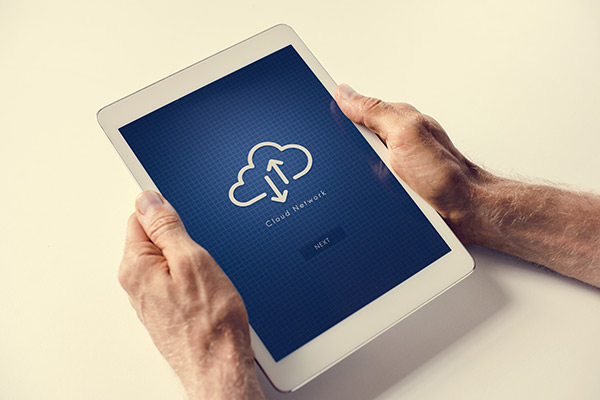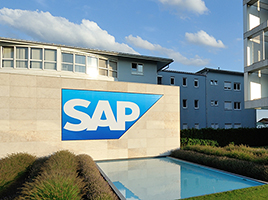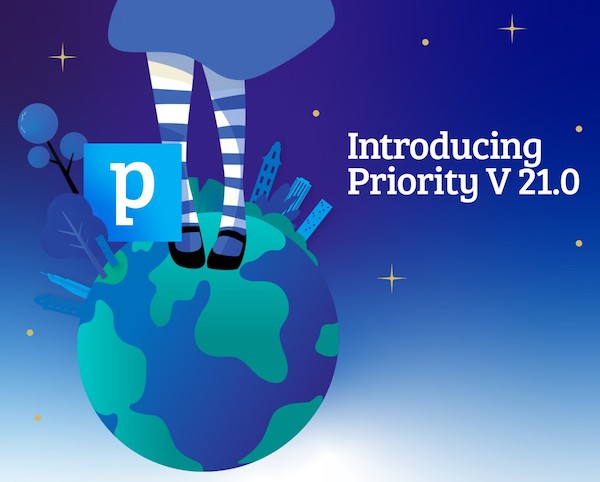In business you live or die by results – so any decision to adopt new technology has to be driven by the outcomes you expect to achieve.
Luckily cloud ERP delivers on multiple counts, from flexibility to accuracy. For example; organisations pivot quickly in response to changing customer needs when they take decisions based on their own data – now available in real-time in the cloud.
Back in the day, big on-premise ERP gave enterprises consistency which was highly prized (and this kind of system does still work for large organisations with their own specialised processes) – but for a lean SMB these kinds of legacy systems make no sense. They are expensive, cumbersome and over-complex.
In my experience it is the light, cloud-based systems which deliver the business outcomes companies are looking for.
Here are 8 deliverables you can expect from Cloud ERP
- Cloud ERP helps you grow. By automating your more repetitive tasks, ERP streamlines your business processes so that employees can ultimately focus on work of a higher value.
- A single source of truth – data is no longer siloed but available across the organisation.
- Accuracy is a major advantage because it’s likely your spreadsheets are full of errors! Did you know that 1 in 5 businesses have suffered direct financial loss due to poor spreadsheets? (2005 study by FIF9)
- In-built analytics give you access to your own data, in a format you can use. Plus, in many cases, there is now the option to upgrade to predictive analytics which can fuel entirely new business models and ensure better performance.
- A good cloud ERP gives you a platform from which to embrace the future eg. Machine Learning and the Internet of Things.
- The subscription model for software as a service (SaaS) makes it more cost effective – turning ERP from a capital cost into a monthly charge. Costs are usually based on a base package, user types, and the number of users. You can add more users as you grow, making it the ultimate scalable solution.
- Cloud means improved security. Whether we’re talking geographically dispersed data centres with bulletproof walls and biometrics, or users with logons which only give them access to the areas they need – security is getting more robust with the cloud.
- The quarterly updates offered to users of cloud products like SAP’s Business ByDesign are proving to be a game changer. Upgrades offering new features and enhanced user experience are now routine.
Growing companies looking for a competitive edge would do well to look at the business case for ERP. Automating standard processes, becoming more data centric and using analytics to drive decisions are all major business advantages.
Cloud based ERP puts data into the hands of decision-makers fast by capturing a snap shot in real time. Not only that, it could help you innovate in the shape of new business models and ideas.
Get 2019 ERP Pricing: 45 different ERP systems profiled including Epicor, Microsoft, SAP and more. Click to download your free guide.






